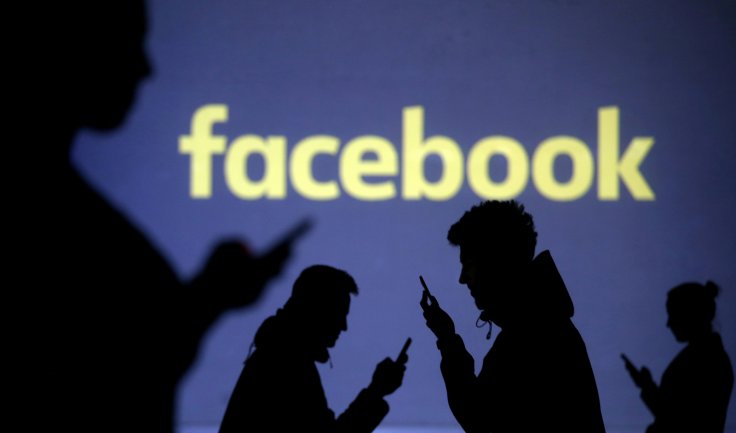
Social media giant Facebook reportedly stated that it has agreed to pay a fine of £ 500,000 ($643,000) to the United Kingdom's Information Commissioner's Office (ICO) over its involvement in the controversial Cambridge Analytica scandal. The fine was first issued in October 2018, as part of ICO's probe into the use of social media data for political purposes.
In its investigation, ICO found out that Facebook had breached data protection laws by failing to keep users' private data secure, allowing Cambridge Analytica to harvest data of more than 87 million people worldwide without their consent. Cambridge Analytica, the now-defunct firm, even worked for the 2016 Trump Presidential campaign and used the data to influence several elections around the world. ICO had issued a small fine last year, but Facebook appealed the ruling. But on Wednesday, both the ICO and Facebook announced that a settlement has been reached.
However, the social media giant will not admit to any liability under the new settlement. Facebook will also gain access to the data obtained by the UK government from Cambridge Analytica, which it said will be used to further probe into the scandal.
In its statement, Facebook said that it has made changes to its platform to restrict access to third-party users. The social network company also stated that it would cooperate with ICO to identify further issues.
"Protecting people's information and privacy is a top priority for Facebook, and we are continuing to help people protect and manage their information," said Facebook Associate General Counsel Harry Kinmonth. ICO expressed hope that Facebook will continue to take all necessary steps to safeguard users' data.
The Cambridge Analytica Scandal
The scandal, which came to light in 2018, has been described as a watershed moment in the public understanding of personal information. It also resulted in massive public outcry, falls in Facebook's stock price and also called for stricter regulations to safeguard users' private data.
The illegal harvesting of personal data by Cambridge Analytica first came to light in 2015 following an investigation by The Guardian reporter Harry Davies. The journalist reported that Cambridge Analytica was working for US Senator Ted Cruz using data harvested from millions of user's Facebook accounts without their consent.
The scandal finally emerged in 2018 by the sudden appearance of a whistleblower, a former Cambridge Analytica employee Christopher Wylie. Wylie gave startling revelations regarding Cambridge Analytica's associations with many governmental institutions all around the world, following which politicians in the US and UK demanded answers from Facebook CEO Mark Zuckerberg. He went on to testify before the United States Congress. Zuckerberg publicly apologized before the Congress, calling the scandal a 'mistake' and 'breach of trust'.
Facebook is under immense scrutiny over the past few days over its decision to allow politicians post their political ad campaigns, i.e., allowing them to spread misinformation on the social media site. Zuckerberg drew much criticism with his statement that Facebook won't ban posting the ads because 'all the company cares about is money'. Meanwhile, in an apparent swipe at Facebook, the micro-blogging site Twitter announced to ban all kinds of political advertising on its platform.









